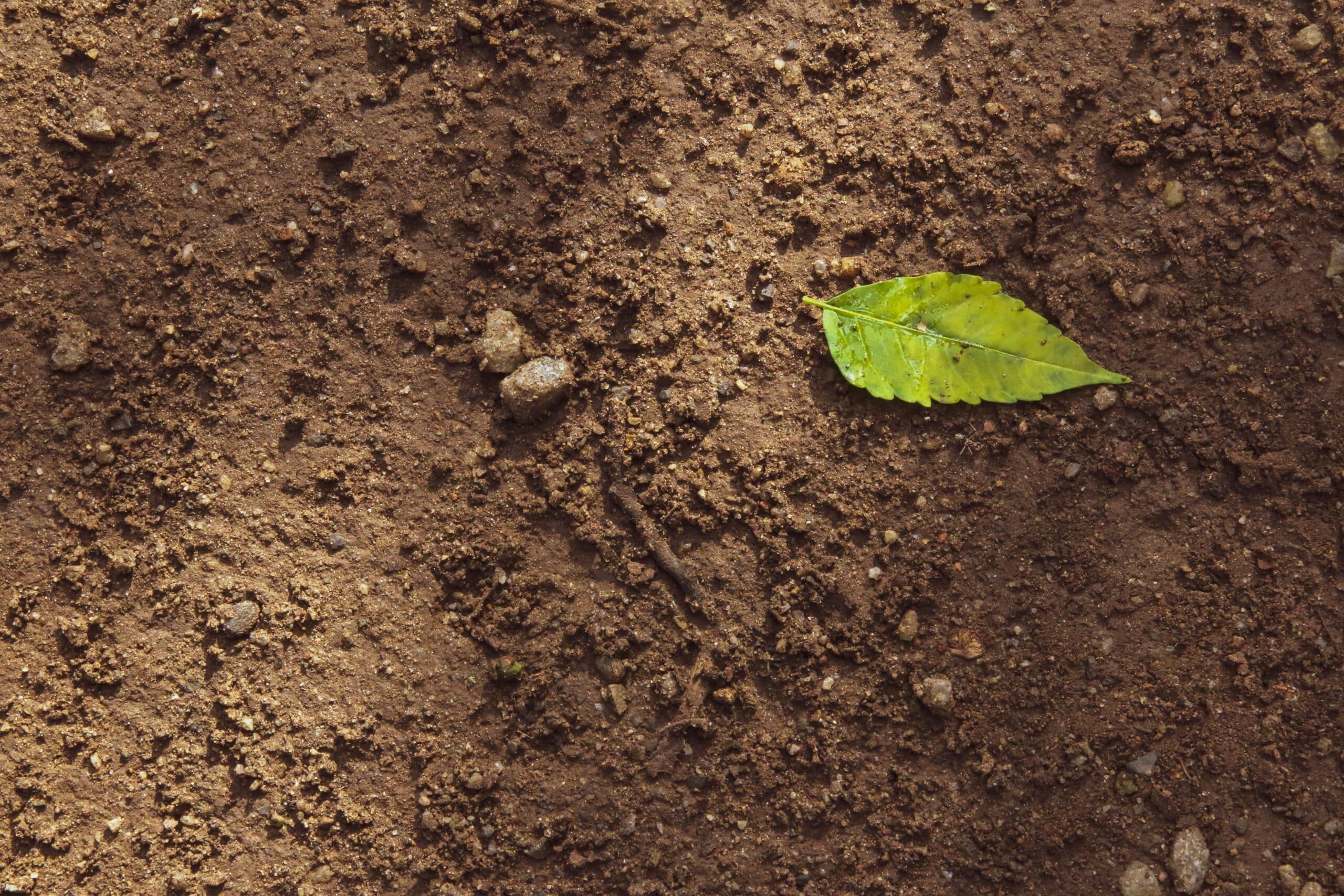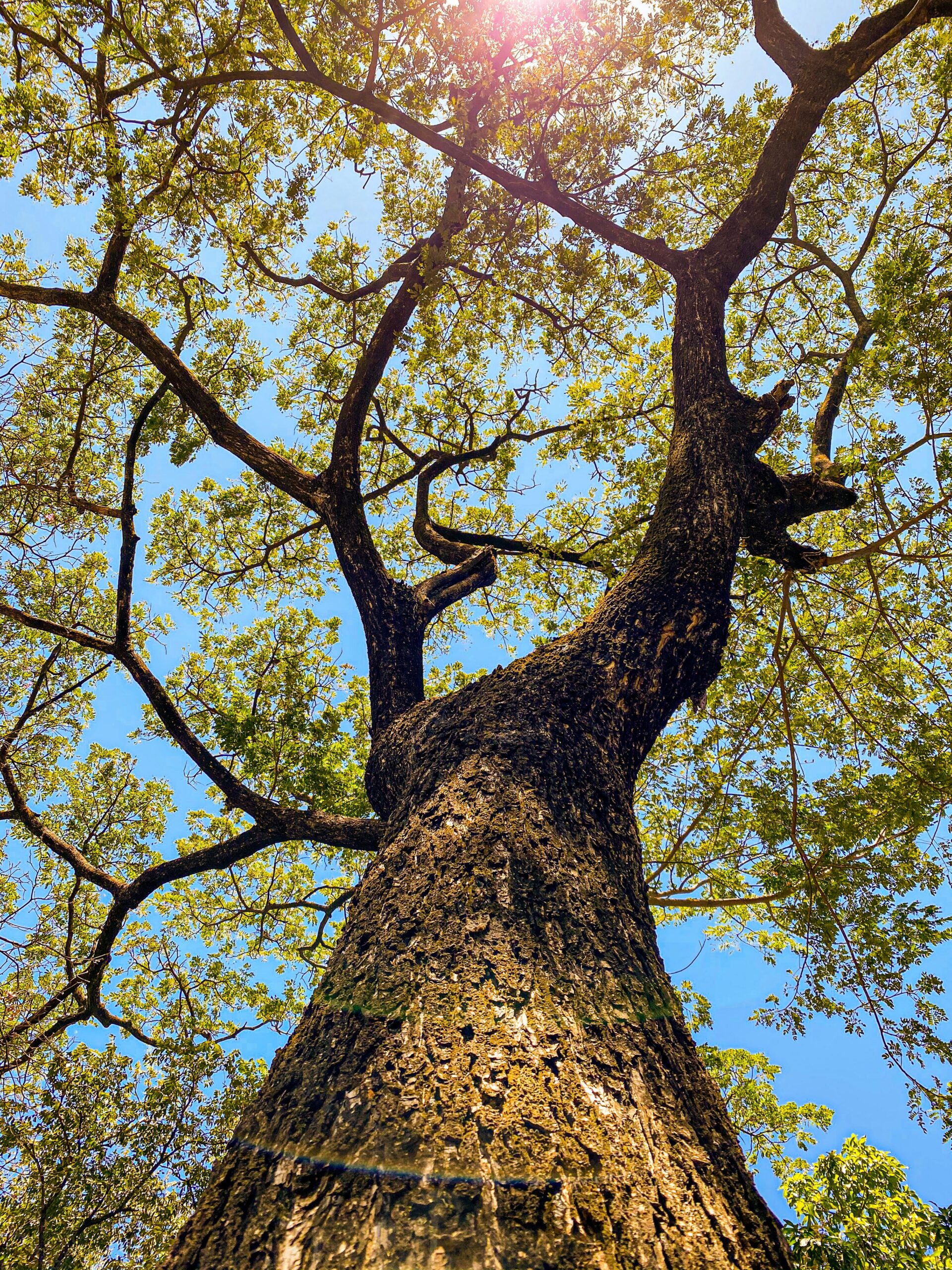
Date August 15, 2025
Category
Introduction:
Healthy trees begin from the ground up. In Fort Worth, where hot summers, unpredictable rain patterns, and urban development can take a toll on the landscape, soil health is one of the most critical—yet overlooked—factors in maintaining strong, vibrant trees. For homeowners who want to protect their trees and preserve the beauty and value of their property, understanding the connection between soil quality and tree longevity is essential.
This article explores the role soil plays in supporting long-term tree health, the common challenges trees face due to poor soil conditions, and how expert intervention from an ISA Certified Arborist—like those at TreeNewal—can lead to lasting, healthy landscapes.
The Foundation of Tree Health: Why Soil Matters
Soil is not just dirt. It is a living, breathing ecosystem composed of minerals, organic matter, water, air, and countless microorganisms. For trees, soil is the source of vital nutrients and the medium through which roots anchor and expand.
In Fort Worth’s urban and suburban areas, however, this critical resource is often degraded. Construction, heavy foot traffic, lawn over-maintenance, and improper planting practices can all contribute to soil compaction, poor drainage, and nutrient deficiencies.
Healthy soil contributes to:
- Strong root development
- Increased drought resistance
- Greater resistance to pests and diseases
- More robust canopy growth
When soil conditions are poor, trees may survive for a while—but they rarely thrive.
Key Components of Tree-Supporting Soil
To provide optimal support for trees, soil should include several essential components working in balance. These include:
1. Texture and Structure
Fort Worth soils often range from clay-heavy in some areas to sandy in others. Ideal soil for trees has a loamy texture—an equal mix of sand, silt, and clay—which allows for both good drainage and nutrient retention.
Soil structure refers to how particles bind together. Well-structured soil has stable aggregates that create pore spaces for water, air, and roots to move freely.
2. Nutrient Content
Nutrients like nitrogen, phosphorus, potassium, calcium, and magnesium are essential to tree growth. Deficiencies or imbalances in these nutrients can lead to poor leaf color, stunted growth, and overall tree decline.
A comprehensive soil test can identify deficiencies, allowing arborists to develop a tailored treatment plan.
3. Drainage and Water Retention
Proper drainage is crucial for healthy roots. If the soil retains too much water (common in compacted or clay-heavy soil), it can suffocate roots and create conditions for root rot and fungal diseases.
On the other hand, soil that drains too quickly may not retain enough moisture to support the tree during Fort Worth’s hot, dry spells.
4. pH Level
Soil pH affects nutrient availability. In Fort Worth, soils often lean toward alkaline, which can impact how easily trees absorb iron and other micronutrients. This often results in yellowing leaves—a condition known as chlorosis.
Adjusting pH with amendments can help bring levels back into balance and restore nutrient uptake.
5. Organic Matter and Microbial Life
Organic matter—like decomposed leaves and compost—improves soil structure, nutrient levels, and water retention. It also feeds beneficial microbes that promote root health and help suppress disease-causing pathogens.
Urban soils often lack adequate organic material, making supplementation an essential part of long-term tree care.
Common Soil Problems in Fort Worth Landscapes
Fort Worth homeowners face a range of soil issues that can compromise tree health. Understanding these challenges is the first step in creating a plan for improvement.
Soil Compaction
Perhaps the most common issue in urban settings, soil compaction limits root growth and reduces water infiltration. This leads to shallow root systems, which are more vulnerable to drought, wind damage, and instability.
Causes include:
- Construction equipment
- Foot traffic and vehicle traffic
- Lawnmowers and routine landscaping activities
Poor Drainage
Clay-heavy soils in parts of Fort Worth often struggle with drainage, especially during periods of heavy rain. Poor drainage leads to waterlogged roots, oxygen deprivation, and increased susceptibility to root diseases.
Nutrient Deficiencies
Years of turf fertilization without consideration for tree needs can leave trees deficient in key nutrients. Symptoms include:
- Pale or yellowing leaves
- Reduced leaf size
- Limited canopy development
Incorrect pH
Alkaline soil is a common problem in North Texas. Many tree species require slightly acidic to neutral soil to absorb essential nutrients efficiently.
Soil Erosion
On sloped properties or in areas with limited ground cover, soil erosion can expose roots and lead to instability. This also removes the topsoil layer rich in nutrients and organic matter.
The Role of ISA Certified Arborists in Tree Soil Care
When it comes to tree soil care in Fort Worth TX, ISA Certified Arborists bring science-based knowledge and experience to the table. TreeNewal’s experts assess soil conditions holistically and create a personalized plan to restore tree health from the ground up.
Soil Testing and Analysis
A soil test is the starting point. Arborists take samples from around the tree’s root zone and send them to a lab for analysis. Results include:
- pH level
- Nutrient content
- Organic matter percentage
- Soil texture and composition
This detailed report provides the data needed to make informed decisions.
Soil Aeration and Decompaction
To combat compaction, arborists may use specialized tools like the AirSpade—a pneumatic device that loosens soil without damaging roots. This process improves oxygen flow and allows water and nutrients to penetrate the soil more effectively.
Organic Soil Amendments
Certified Arborists recommend and apply organic matter such as compost, mulch, or biochar to improve soil structure and fertility. These amendments also support the microbial life that benefits root systems.
Nutrient Management
Based on test results, a custom fertilization plan is developed. TreeNewal uses slow-release, tree-specific fertilizers to avoid the problems caused by synthetic lawn fertilizers. These targeted treatments feed the tree consistently over time.
Water Management
Arborists evaluate drainage patterns and adjust watering schedules or recommend irrigation changes based on soil type. In some cases, they may suggest grading changes to reduce runoff or pooling around roots.
Ongoing Monitoring
Tree soil care is not a one-time fix. TreeNewal’s ISA Certified Arborists monitor soil conditions seasonally and adjust the treatment plan as needed. This proactive approach ensures trees continue to thrive year-round.
Seasonal Soil Care Tips for Fort Worth Homeowners
Maintaining healthy soil requires attention throughout the year. Homeowners can play a vital role in supporting the work of arborists by implementing these seasonal practices.
Spring
- Apply compost or organic mulch around tree bases
- Conduct a soil test to plan fertilization
- Aerate compacted areas, especially around high-traffic zones
Summer
- Monitor for signs of heat stress and drought
- Adjust irrigation to match soil type and weather conditions
- Avoid heavy foot traffic near tree roots during dry periods
Fall
- Apply additional mulch to prepare for winter moisture retention
- Plant cover crops in erosion-prone areas
- Conduct follow-up soil tests for any mid-year adjustments
Winter
- Limit use of de-icing salts near trees
- Remove heavy snow buildup if applicable
- Schedule professional assessments to prepare for spring
The Connection Between Soil and Tree Longevity
Healthy soil supports healthy roots. And healthy roots are the foundation for:
- Greater drought tolerance
- Resistance to pests and diseases
- Stronger structural stability
- Longer lifespans
Trees growing in nutrient-rich, well-drained, and properly aerated soil live significantly longer and provide more benefits than those growing in poor conditions. For Fort Worth homeowners, investing in soil care is a direct investment in property value, safety, and landscape beauty.
Why Fort Worth Trusts TreeNewal for Expert Soil and Tree Care
At TreeNewal, we understand that every healthy tree begins with healthy soil. Our ISA Certified Arborists provide science-backed soil testing, aeration, and fertilization programs tailored specifically for the unique soil conditions found throughout Fort Worth.
With more than a decade of experience serving North Texas homeowners, TreeNewal is proud to be the go-to resource for tree soil care in Fort Worth TX. We’re committed to helping your trees thrive today—and for generations to come.
Ready to Give Your Trees a Strong Foundation?
Don’t wait until your tree shows signs of stress. Contact TreeNewal today for a professional soil assessment and customized treatment plan. Give your trees the expert care they deserve—starting with the soil beneath your feet
Photo by Glen Carrie on Unsplash








